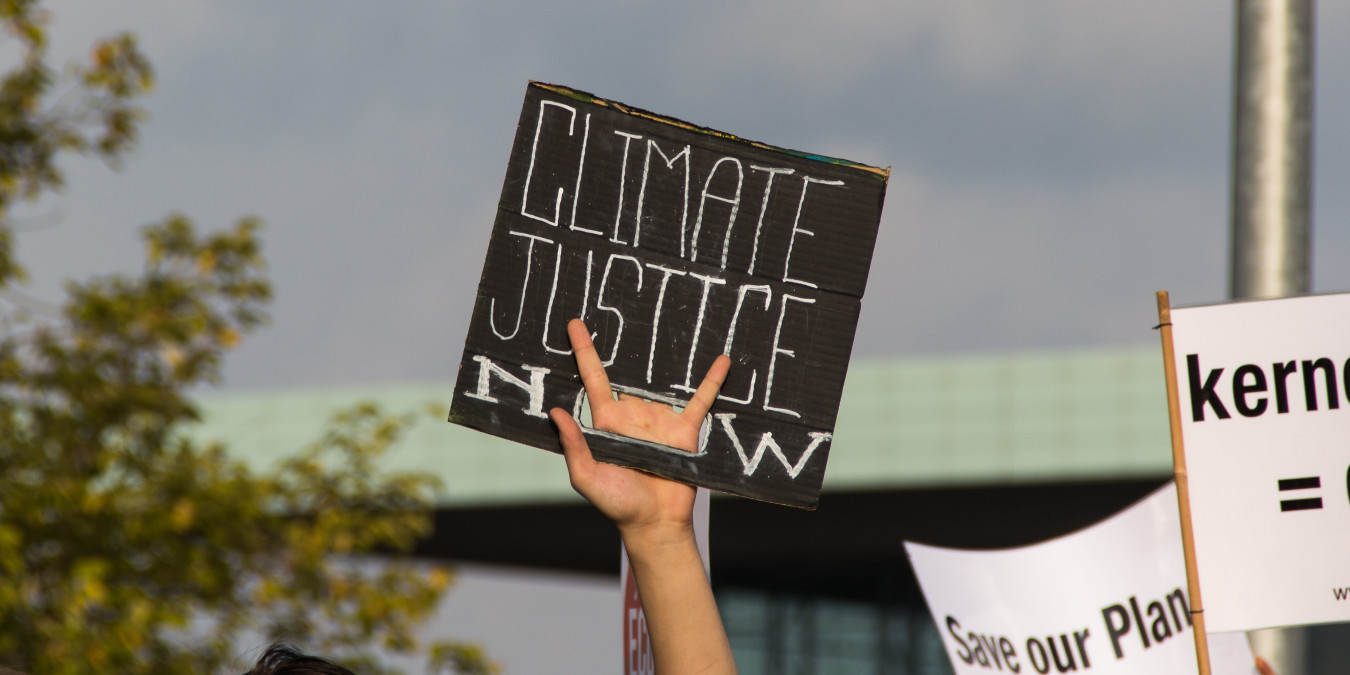CLIMATE JUSTICE AT COP27: A JOURNEY TO THE FOREFRONT AND INSPIRATION FOR LEADERS
Published: Nov 15, 2022 Reading time: 3 minutes Share: Share an articleDiscussions at the UN Climate Change Conference are focused on mitigation and adaptation, technology innovation and research. However, indigenous peoples and other communities on the climate change front line are often forgotten. For these people, climate change is not just an intangible tomorrow but a harsh today. Fortunately, COP27 has also given space to speakers to bring the topic of climate justice to the forefront.

People on the climate change front lines already have their livelihoods, homes, and family members taken away by climate change. Worse still, some governments are not letting their citizens speak out on this issue or making it difficult for them to communicate such information to the international community.
This suppression of information can happen for several reasons: a state may be dependent on the profits of a state-run mining company that does not respect international conventions; a state may be behind the murder of an environmental activist who has expressed opposition to an environmentally catastrophic construction project such as a highway or dam; the state may be trying to prevent indigenous people from protesting against the further shrinking of an environmental area that is constitutionally protected.
These and many other cases remain invisible. As Yeb Saño (Executive Director of Greenpeace Southeast Asia) said during one of the panels, "Climate activists are on the frontlines but not on the headlines".
It is clear from the COP27 process that various agreements, like the Paris Agreement, work for countries that are democratic and committed to working for change. However, there is no instrument to drive states to action if the states in question do not share the same respect for human rights or where civil society is persecuted simply for discussing the link between human rights and the impacts of climate change.
Climate justice in the interest of People in Need
It is in this spirit that People in Need engages and supports environmental activists and organisations. Our Centre for Human Rights and Democracy works directly with journalists, activists, and organisations. For example, we help increase the reach of communications about human rights violations and Indigenous Land Rights. We help organisations increase their capacity in various areas of their operations to support their growth and influence. We know that it is essential to bring their voices to the forefront of the discussion on climate change and its impact on the most vulnerable—because, often, these people are the most vulnerable.
Through the work of our Centre for Human Rights and Democracy, activists can speak to world leaders directly at conferences like COP27 to articulate the issues they face. That's precisely what Vanessa Nakate, an activist from Uganda, did at COP27. Vanessa says leaders have repeatedly let her know that her activism inspires them. However, activists don't need leaders who are inspired; they need leaders who are inspiring—they need leaders who do not just talk about actions but act straight away.


